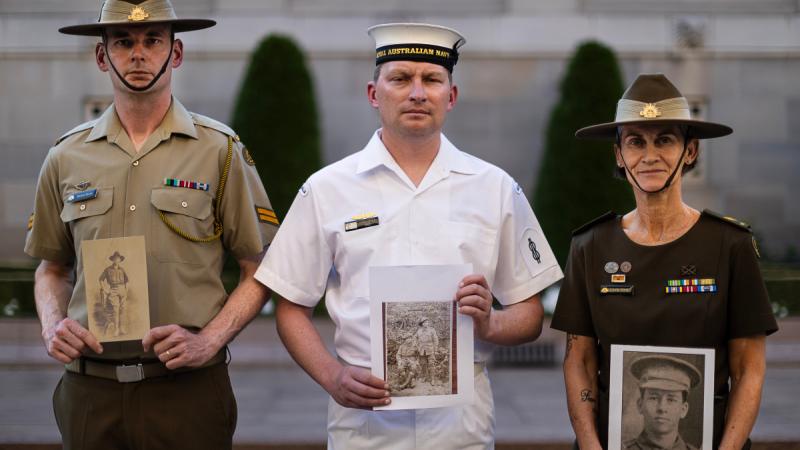
Lessons from the 1918 Spanish flu pandemic combined with the latest evidence are compelling – masks reduce the transmission of COVID-19.
That’s a key message from Burnet’s Professor Mike Toole AM in an editorial published in The Age on rules mandating the wearing of masks in public in Melbourne and the Mitchell Shire from 11.59pm on Wednesday.
Two weeks into a six-week lockdown, Professor Toole notes that Victorians are still coming to terms with the State’s phased approach to masks, which has moved from recommending, to requiring them.
“So why has it taken so long to require that face masks be worn in Melbourne? Early in the pandemic, the global evidence of their effectiveness was not strong. However, on June 1, the prominent medical journal The Lancet published a review of studies that assessed the impact of face masks on the spread of coronaviruses,” Professor Toole writes.
“The review found that wearing a mask reduced transmission by 85 per cent, with a narrow margin of error. A number of other studies, including laboratory experiments, have demonstrated how wearing a face mask reduces transmission of the coronavirus.”
Professor Toole notes that these study findings prompted the World Health Organization and US Centres for Disease Control and Prevention to change their advice and strongly recommend the use of “cloth face coverings” both to protect the wearer from being infected and to prevent the wearer from spreading the virus to others.
He refers also to the ‘precautionary principle’ – a careful balancing of the potential benefits and harms of a public health action.
“In the absence of a vaccine and effective treatment drugs, the safe and proven interventions that are available to control the spread of this novel coronavirus are limited,” Professor Toole writes. “Test, trace, and isolate is the key strategy to identify, treat and limit the spread of infections in the community.
“In addition, there are effective personal measures: physical distancing, hand washing, cough hygiene, and face coverings. None by themselves will be very effective but added together they will have a major impact on the spread of the virus.”
Professor Toole also highlights the need for clear and targeted communication to accommodate Melbourne’s culturally and linguistically diverse populations, and the importance of community engagement and involvement in the design and delivery of messages, which has been shown to be effective in previous epidemics ranging from HIV to Ebola.
Click here to read the article in full, and find out about the new requirements in Victoria relating to face coverings from the Department of Health and Human Services.








